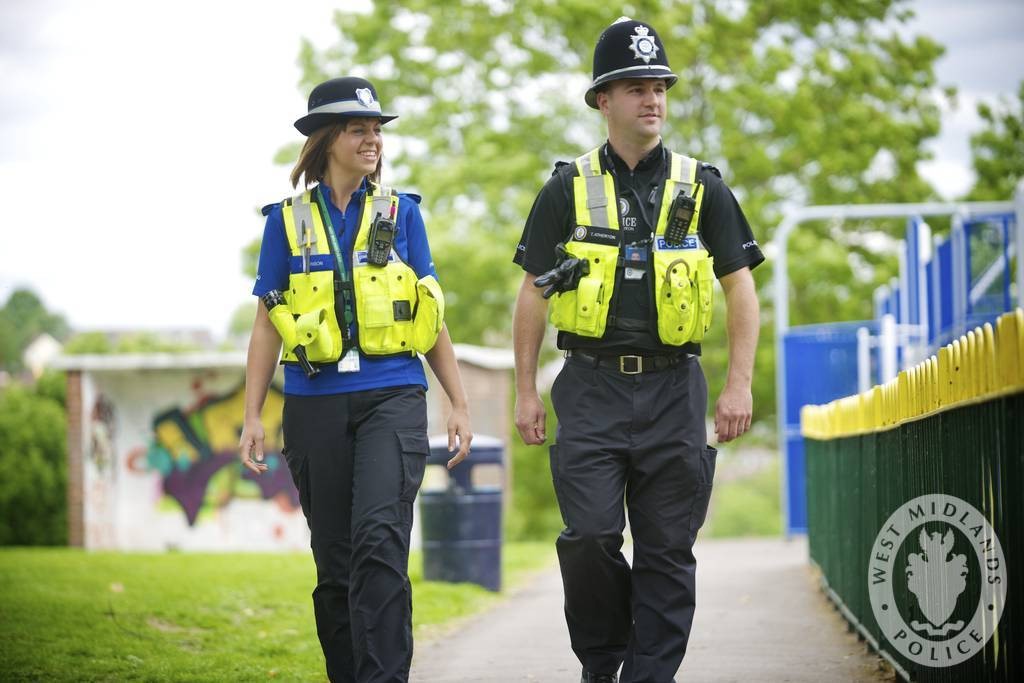Have you always dreamt of being a local bobby on the beat or the British Poirot cracking the most mysterious investigations? Well, your dreams could come true. But before you submit that job application, here’s everything you should know about qualifications, training and employment screening required regarding how to become a Police Officer.
What Qualifications Do You Need to Become a Police Officer?
There are no formal qualifications for becoming a Police Officer; however, there are a few basic requirements such as:
• Applicants must be British or EU citizens
• Some minor convictions/cautions may make you illegible
• Good physical and mental health
And although pre-entry experience is not essential, it is recommended in order to increase your suitability for the role. This should be time spent with individuals or groups in the community, so, maybe coaching a sports team, volunteering at a youth club or helping out at a local church.
You can also become a Metropolitan Police Volunteer Cadet, a Police Community Support Officer (PCSO) or a ‘Special’ (a volunteer that has the same powers as a regular Police Constable) too.
Is There On-the-Job Training?
To become a Police Officer there is a detailed screening and training period. And one of the toughest parts of this screening process is the physical fitness training, so it is essential that you’re in great shape before applying. You’ll also have to pass a medical examination, including an eye test.
Besides the physical tests you will also have to complete a number of mental exams. These will cover areas such as literacy, numeracy and decision making.
Then once you get a job with the Metropolitan Police you will spend the first two years as a student officer on a probation period. You will be inducted into the Initial Police Learning and Development Programme (IPLDP) and taken through four stages of training where you will be regularly assessed. These stages will cover policing skills, legislation, investigative methods, community partnership and professional standards.
It is only when you pass this two year probation that you will be officially awarded the rank of Police Constable.

Do You Need a DBS Check to Become a Police Officer?
The Police Force in Britain has some of the most detailed background screening protocols of any organisation in the country. After all, those representing the Police should be a pillar of society and lead by example.
The Police Recruitment Vetting Procedure is carried out in line with Articles 1, 8 and 14 of the European Convention on Human Rights (ECHR). Applicants must complete a form and financial questionnaire, including details of any relative, spouse or partner they live with.
Why do the Police look at applicants’ financial records? Well, to ensure you have no County Court Judgements (CCJs), Individual Voluntary Arrangements (IVAs) and are not bankrupt. It is assumed that those who are under severe financial stress are more likely to accept a bribe or be ‘paid-off’.
There will also be intelligence checks on third parties to make sure there can’t be any influence on you to compromise private force information. And you may be given a Special Branch check to ensure you have no connections to terrorist groups or any other organisation intent on compromising national security.
All applicants must declare any spent convictions; however, whether these past crimes affect your application will depend on the type of crime committed and the individual force you are applying to.
After all these background screening checks, you will finally find out if you’re eligible to become a Police Officer.
Of course, not all jobs require such extreme employment screening as the Police. In fact, if you want to become a Court Officer or work within a prison, you simply need a Standard DBS Check. And you can get that quite cheaply and conveniently from us here at CBS. Apply here.
And some jobs may not need any checks at all. Find out more about DBS checks and background screening here. Plus, take a look what other jobs require extensive screening in the following blog posts:
(main image: West Midlands Police under CC BY-SA 2.0)

 Contact Us
Contact Us


